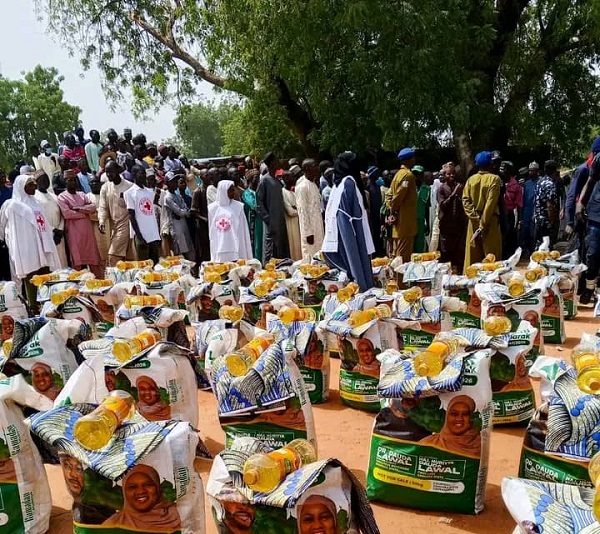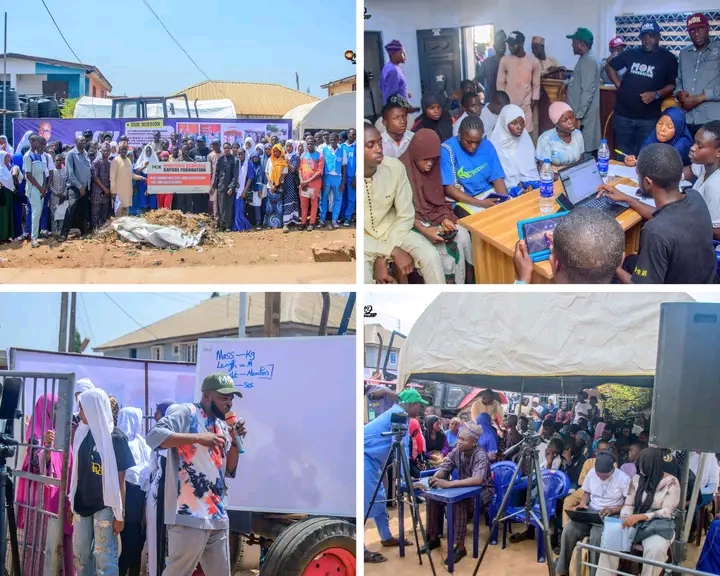Etiquettes Of Eating And Drinking In Ramadan And Fasting

The prophet (s.a.w.) provided the believers guidance/etiquettes related to eating and drinking in Ramadan and when fasting. Here are some of his sayings and traditions related to these issues.
- “The Prophet (peace and blessings of Allah be upon him) used to break his fast with fresh dates before praying; if fresh dates were not available, he would eat (dried) dates; if dried dates were not available, he would have a few sips of water.” [Reported by al-Tirmidhi, 3/79 and others. He said it is a ghareeb hasan hadeeth. Classed as saheeh in al-Irwaa´, no. 922.
- At the time of breaking the fast, the Prophet (peace and blessings of Allah be upon him) used to say:
ذَهَبَ الظَّمَأُ وَابْتَلَّتِ الْعُرُوقُ، وَثَبَتَ الأَجْرُ إِنْ شَاءَ اللَّهُ
Thahabadh-dhama’u wabtallatil-‘urooqu, wa thabatal-‘ajru ‘inshaa’Allaah.
The thirst is gone, the veins are moistened and the reward is confirmed, if Allah wills.
Reference: Abu Dawud 2/306
- And the prophet (peace and blessings of Allah be upon him) said:
“The people will remain in good so long as they hasten to break the fast (at it’s appointed time)” [Agreed upon by al-Bukhaaree and Muslim];
- Taking suhoor (morning breakfast) is very much recommended by the prophet. The prophet (peace and blessings of Allah be upon him) said:
“Take the sahoor (pre-dawn meal), for indeed in the sahoor there is blessing” [Reported by al-Bukhaari, Fat’h, 4/139.]
“Suhoor is blessed food, and it involves being different from the people of the Book. A good suhoor for the believer is dates.” [Reported by Abu Dawood, no. 2345; Saheeh al-Targheeb, 1/448.]
- During the fasting season, we should also be wary not to overeat and fill stomachs. The Prophet (peace and blessings of Allah be upon him) said:
“Man fills no vessel worse than his stomach. It is sufficient for the son of Adam to have a few mouthfuls to give him the strength he needs. If he has to fill his stomach, then let him leave one-third for food, one-third for drink and one-third for air.” (Reported by al-Tirmidhi and Ibn Maajah. Saheeh al-Jaami’, 5674).
- The Prophet (peace and blessings of Allah be upon him) said to a man who burped in his presence: “Stop your burping, for the people who eat the most in this life will be the most hungry on the Day of Resurrection.” (Reported by al-Haakim. Saheeh al-Jaami’, 1190).
- It is also important to perform Niyyah, which is to make intention (in one’s heart). The Prophet (peace and blessings of Allah be upon him) said:
“There is no fast for the person who did not intend to fast from the night before.” [Reported by Abu Dawood, no. 2454. A number of the scholars, such as al-Bukhaari, al-Nasaa`i, al-Tirmidhi and others thought it was likely to be mawqoof. See Talkhees al-Habeer, 2/188.]
“The intention may be made at any point during the night, even if it is just a moment before Fajr. Niyyah means the resolution in the heart to do something; speaking it aloud is bid‘ah (a reprehensible innovation), and anyone who knows that tomorrow is one of the days of Ramadan and wants to fast has [due to that knowledge, already] made the intention. [Sheikh Munajjid]










